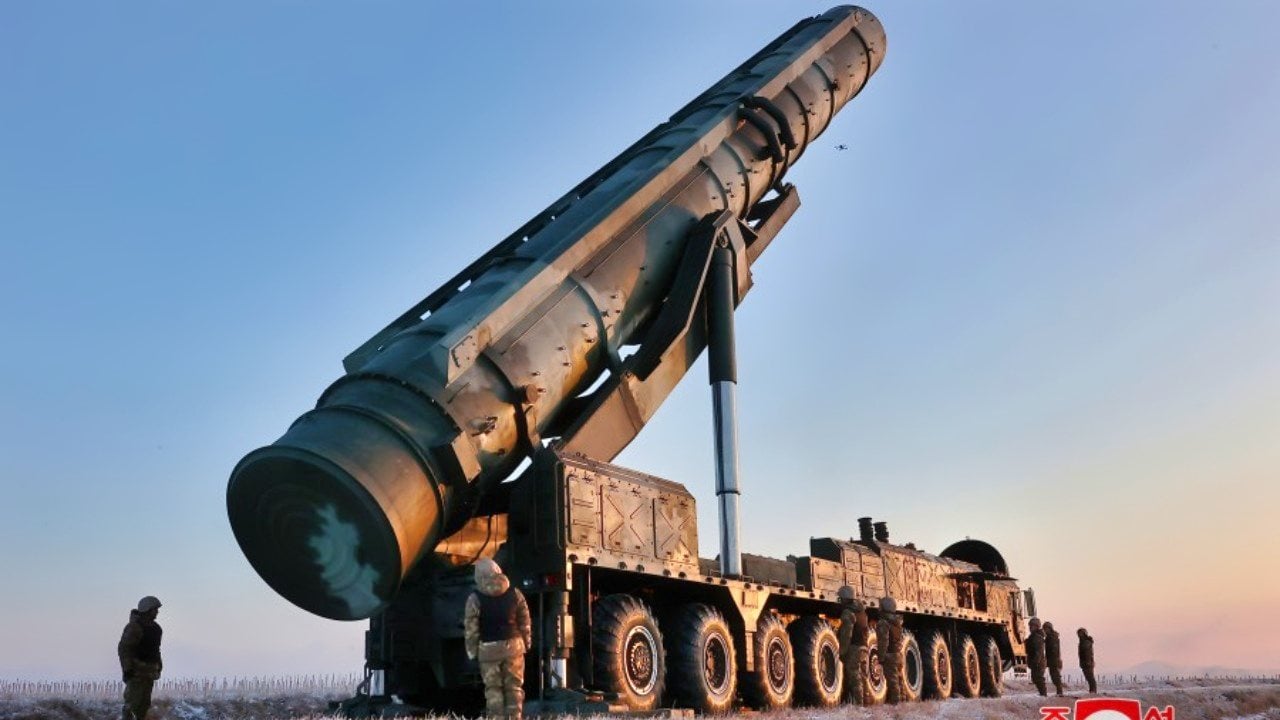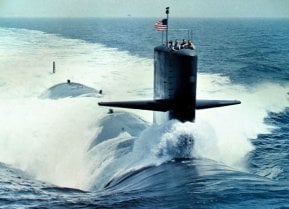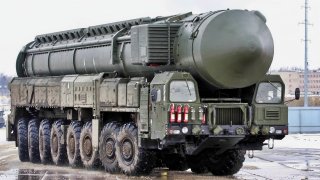Frightening Thought: Russia Sharing Military Technology with North Korea
The critical issue is not necessarily what North Korea can do for Russia but what Russia can do for North Korea, particularly in terms of sharing military and space-related technologies.
Russia’s North Korea Gambit: The international security environment is divided between authoritarian states and liberal democracies. In this contested strategic environment, Russia’s relationship with North Korea has strengthened dramatically since the beginning of Russia’s second invasion of Ukraine in February 2022 and has seen the signing of the strategic partnership pact in June 2024. Russia now relies in part on North Korean-supplied weapons including ballistic missiles, and munitions, to sustain its war against Ukraine, and there are even reports of a North Korean presence on the ground in Russian-controlled regions of the country.

Russia and North Korea: Sharing Military Tech?
So what is next for Moscow’s relations with the Hermit Kingdom?
The critical issue is not necessarily what North Korea can do for Russia but what Russia can do for North Korea, particularly in terms of sharing military and space-related technologies. Russia has little to lose and much to gain by removing any constraints on the sharing of advanced military capabilities with North Korea, given that it is now a global pariah after its renewed invasion of Ukraine in 2022.
Of particular concern would be the prospect that Moscow could share technical information and expertise on enhancing North Korea’s growing nuclear arsenal and its missile delivery systems. Firstly, North Korea is very focused on building up a stockpile of tactical nuclear weapons, with which it could employ coercively against South Korea and Japan. It need not use the weapons, but merely the threat of use may be sufficient to intimidate. At the same time, North Korea’s strategic nuclear forces could be employed to deter any military response, either by South Korea, Japan, or the United States.
Secondly, Russia could choose to provide more advanced designs for warheads and provide North Korea with more sophisticated delivery systems that lead towards a second-strike capability based around submarine-launched ballistic missiles (SLBMs). Such a development would only enhance North Korea’s coercive potential and deterrent credibility.
The SLBM aspect is quite important, given North Korea’s efforts towards developing the Pukuksong-1 missile for use on future ballistic missile submarines. North Korea currently has a single diesel-electric ballistic missile submarine (SSB) known as Hero Kim Kum Ok, which is a modified SINPO-C class boat, launched in September 2023.
It will be upgraded to carry Pukguksong 1 SLBMs and smaller KN-23 SLBMs. Russian transfer of submarine and SLBM technology to North Korea could allow Pyongyang to fast-track development of a second-strike capability that would reinforce its ability to coerce with tactical nuclear threats and at the same time, strengthen its ability to deter with strategic nuclear forces through establishing a viable second-strike capability.
Space Allies?
North Korea may also be seeking Russian assistance with space technology. North Korea’s efforts to develop a viable space launch capability have had numerous setbacks and failures, and there is already evidence that it has received some assistance in terms of rocket engine technologies. It should be expected that further assistance on space launch and satellite technologies will be forthcoming, especially given that Russia’s space program is struggling with limited funding and reduced access to advanced technologies in the face of Western sanctions.
North Korean financial investment could see new military-related space technologies begin to flow from Russia, sustaining the Russian technology base. In return for Russian expertise and knowledge, Pyongyang could help sustain that base, whilst at the same time, seeing North Korea overcome technical challenges.
There’s another disturbing possibility which should be considered. Russia is developing a nuclear-weapons-based anti-satellite (ASAT) capability that, if deployed, would tear up the 1967 Outer Space Treaty and see a nuclear "sword of Damocles" in orbit.
Consider the possibility that Pyongyang could work together with Moscow on such a capability for coercion and intimidation in a crisis. Such a weapon need not consist of a single device in orbit but could consist of multiple nuclear ASATs that could be deployed in a manner to threaten large numbers of U.S. and allied satellites across a range of orbits. Moscow could mitigate risk by providing the means for North Korea to deploy such a weapon but still allowing Russia to threaten widespread devastation in orbit.
After all, it is a pariah, in good company with North Korea, and both have little to lose.
About the Author: Malcolm Davis
Malcolm Davis is a Senior Analyst at the Australian Strategic Policy Institute. Before this, he was a Post-Doctoral Research Fellow in China-Western Relations at Bond University and served in the Australian Department of Defence. You can follow him on Twitter at@Dr_M_Davis.
Image Credit: Creative Commons and/or Shutterstock.


